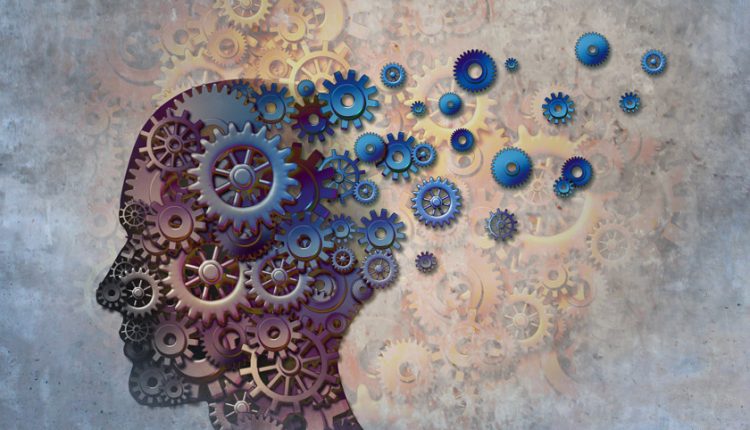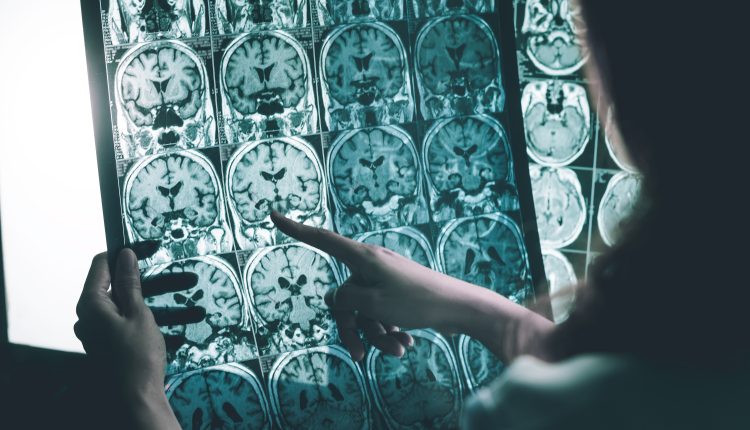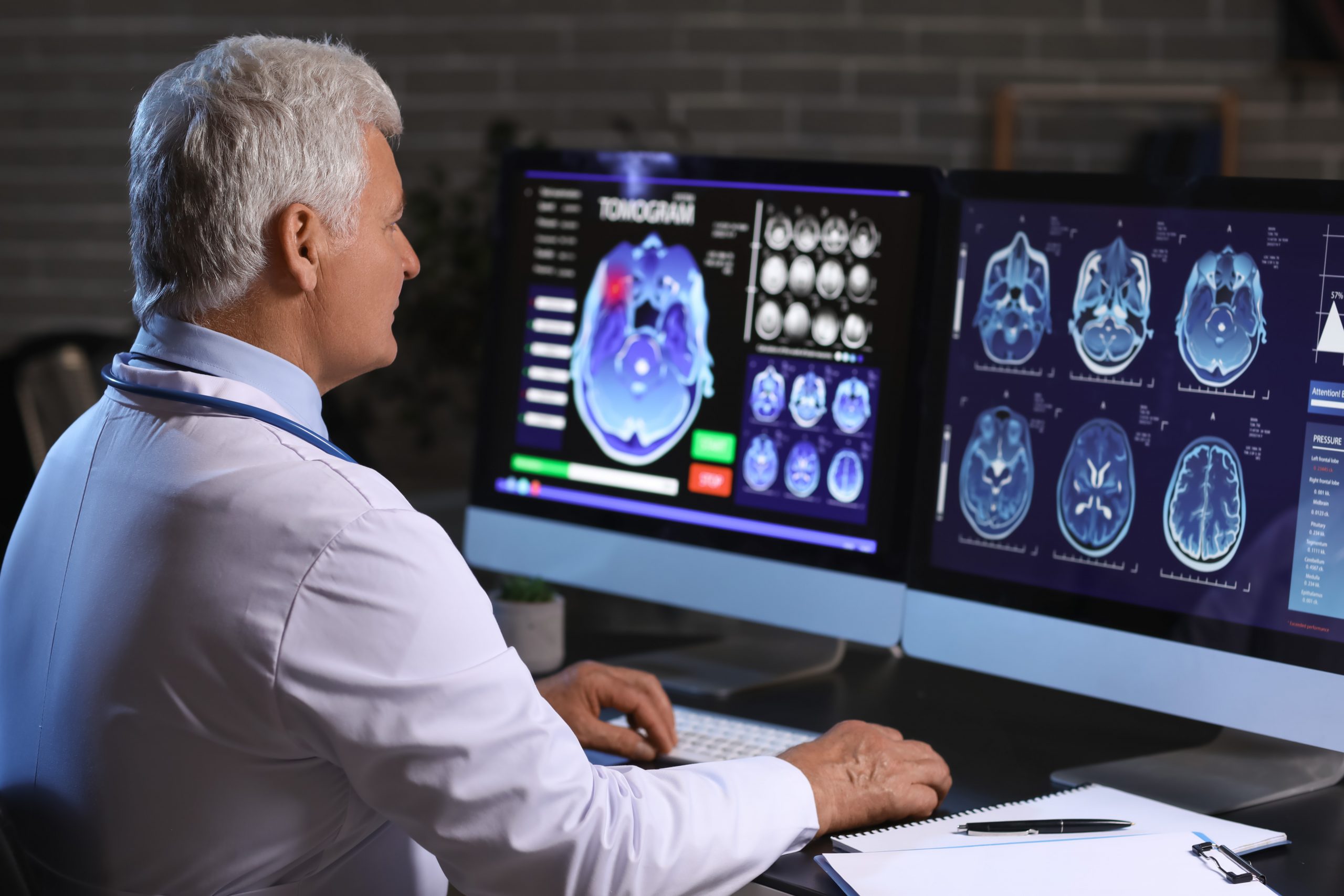
What is MCI? A Brief About Mild Cognitive Impairment
All people experience a range of memory problems when they age. However, some people experience difficulties beyond what one would expect in a healthy senior individual. Such a condition in which someone has minor problems with cognition is known as mild cognitive impairment or MCI. Symptoms of this problem are not severe enough to interfere with daily life. Thereby it can’t be defined as dementia.
In addition, many people diagnosed with MCI use this as an opportunity to change their lifestyle and reduce the possibility of MCI progression to dementia. This article provides comprehensive information about what MCI is, the relationship between MCI and dementia, and the advantages of early diagnosis of MCI.

Contents
Prevalence of MCI
Based on the American Academy of Neurology report, MCI is present in 8% of people aged 65 to 69, and at higher ages, the prevalence of it increases. The table below shows the prevalence of MCI in different age ranges:
| Age ranges | prevalence percentage (%) |
| 60-64 | 6.7 |
| 65-69 | 8.4 |
| 70-74 | 10.1 |
| 75-79 | 14.8 |
| 80-84 | 25.2 |
If you or your loved ones experience this condition, it is crucial to see a doctor regularly to monitor changes in memory and thinking over time.
What Causes MCI?
MCI has no single cause, and it is more likely to occur as people age, and its risk increases as they age. Despite the main factor, ageing, there are other factors scientists mention, like genetics and specific physical and mental conditions, including diabetes, depression, and stroke. In some cases, treatable diseases may cause MCI. For instance, bad reactions to specific medications, emotional problems, drinking too much alcohol, etc., may lead to serious memory problems, which can be solved using the right treatments.
Differences Between Decline Due to Normal Ageing and Mild Cognitive Impairment (MCI)
Here we provide a table that highlights the differences between MCI, dementia, and normal deterioration in memory due to aging:
| Healthy Aging | MCI | Dementia | |
| Forgetting which words to use (sometimes) | ✔ | ||
| Losing things from time to time | ✔ | ||
| Missing a monthly payment occasionally | ✔ | ||
| Difficulty coming up with words | ✔ | ||
| Sometimes losing things | ✔ | ✔ | |
| Forgetting important events | ✔ | ✔ | |
| Difficulty in having a conversation, reading, and writing | ✔ | ||
| Asking the same question or repeating the same story over and over | ✔ | ||
| Having trouble doing essential daily activities | ✔ | ||
| Difficulty with handling money and paying bills | ✔ | ||
| Getting lost in familiar places. | ✔ | ||
| Delusions, paranoia, and hallucination | ✔ |
MCI Symptoms
In general, it is safe to say that a person with MCI may have mild difficulties with one or more of the following:
- Memory problems: for example, forgetting recent events or repeating the same question
- Problem with reasoning, planning, or sequencing: for instance, difficulties with thinking things through
- Attention: for instance, getting distracted easily
- Problem with language: like thinking much longer than usual to find the correct word for something
- Problem with visual depth perception: for example, difficulty in perceiving an object in three dimensions, judging distance, or navigating stairs

Diagnosis
The importance of MCI diagnosis is that you can find out what may cause this condition and access the right treatments, help, or support if necessary. With proper treatment and the correct diagnosis, you can access research to test new treatments. The diagnosis procedure can consist of the questions and functions below. Your doctor may:
- Ask how your symptoms affect you.
- If possible, talk to your family members about how symptoms affect your daily routine.
- Do a physical checkup testing movement and coordination and your reflexes.
- Do a blood test to check for possible vitamin deficiencies and thyroid disorders.
- Assess your medical history and any medications you take
- Do tests to check memory and thinking skills
After identifying the cause, you have a chance to get the best course of treatment. However, if none of those mentioned could help, your doctor can introduce you to a memory clinic for further tests. These tests may include:
- Brain scan to identify any signs of dementia
- More thinking and memory tests
- Test spinal fluid to look for warning signs of Alzheimer’s or another type of dementia
Due to the mild nature of this disease, which affects people differently and has different causes, diagnosis may be difficult for some people and take longer.
Risk Factors
Risk factors are what change the possibility of developing a disease. The main risk factors that affect developing MCI are:
- Aging
- high blood pressure
- high cholesterol
- diabetes
- obesity
- stroke
- depression
- lack of physical exercise
- low education level
- lack of participation in mentally or socially brain-stimulating activities
It is worth mentioning that these risk factors are the same for the development of dementia.
Prevention
In many cases, we can’t prevent mild cognitive impairment. However, scientific research shows that some environmental factors, categorized as MCI risk factors, can increase the risk of MCI. So, you can somehow lower the possibility of developing MCI using the steps below:
- Avoid drinking excessive alcohol.
- Try to avoid exposure to air pollution as much as possible.
- Avoid situations that increase the risk of head injury.
- Avoid smoking
- Watch your health conditions, including diabetes, high blood pressure, obesity, and depression.
- Have good sleep hygiene and sleep quality.
- Adopt a nutrient-rich diet that contains fruits and vegetables and is low in saturated fats.
- Actively engage in social relationships.
- Stay away from stress.
- Have a regular exercise routine at a moderate to vigorous intensity
- Use hearing aids in case of hearing impairments.
- Solve puzzles, Play brain games, and engage in memory training activities (like learning a new language or playing a new instrument) to stimulate your mind.
Treatments for Mild Cognitive Impairment
Currently, there are no specific treatments available for mild cognitive impairment. However, the treatment you receive depends on the underlying cause of MCI, and thereby the management and treatment may differ from one person to another.
For example, their doctors can prescribe medicines to manage mild cognitive impairment for people whose thyroid disorder or vitamin deficiencies lead to MCI. Some researchers recently suggested non-drug treatments for MCI, like memory training and computer-based brain training.
The Alzheimer’s Association indicates that a medication named Aduhelm may help treat MCI. It has been said that this medication has most effective when a person takes it at the first signs of dementia or MCI. However, it is better to focus on non-drug treatments. In addition, it is essential to see your doctor every 6-12 months to track any changes in memory and thinking skills.
People with MCI can also participate in clinical trial studies. These research studies help test if a treatment (such as a new medication) is safe and effective for people.

Managing MCI
National institute on ageing notes that a person with MCI can manage or even improve MCI symptoms. The main steps you can consider for managing this disease include:
- Keep commonly used items in the same place
- Follow a routine every day
- Use memory tools like to-do lists, notes, and calendars
- Do exercise regularly
- Have a nutritious, well-balanced diet
- Learn a new skill
- Have at least 7-8 hours of sleep
- Volunteering and participating in social activities
- Spend more time with your family and friends
- Stop or decrease alcohol drinking
- Get help with depression
Does MCI lead to dementia?
In general, dementia describes a group of symptoms that affect a person’s ability to do daily activities. One of the leading causes of dementia is Alzheimer’s disease. A person with dementia usually may have at least two of the following symptoms:
- Memory problems
- Confusion
- Communication difficulties
- Mood changes
Researches show that having MCI increases the risk of dementia in the future. However, this depends on the underlying causes of MCI. Many people with MCI’s symptoms don’t get better or worse. Nevertheless, it has been estimated that roughly one or two out of people age 65 or older with MCI are prone to developing dementia over one year.
Final Words
Mild cognitive impairment prevalence increases with ageing. Although people with these conditions can live and work independently, this may affect a person’s ability to remember and think clearly. It can also lead to dementia and Alzheimer’s disease. So, it is essential to know the symptoms, diagnose it at the right time, and the possible activities you can use to prevent, manage or even treat this condition.
I remember when my mother forgot how to get home from the grocery store, and it was a scary experience for all of us. It’s essential to spread awareness about MCI so that more people can understand its impact on individuals and families.
This article is an excellent resource for anyone who wants to learn more about MCI. My grandfather was diagnosed with MCI a few years ago, and it’s been tough to watch him struggle with memory loss. I remember when he couldn’t remember where he put his car keys, and he got frustrated and upset. It’s heartbreaking to see a loved one go through something like this, but we’re doing our best to support him and help him navigate this new chapter in his life. Thank you for raising awareness about MCI and the challenges that come with it.